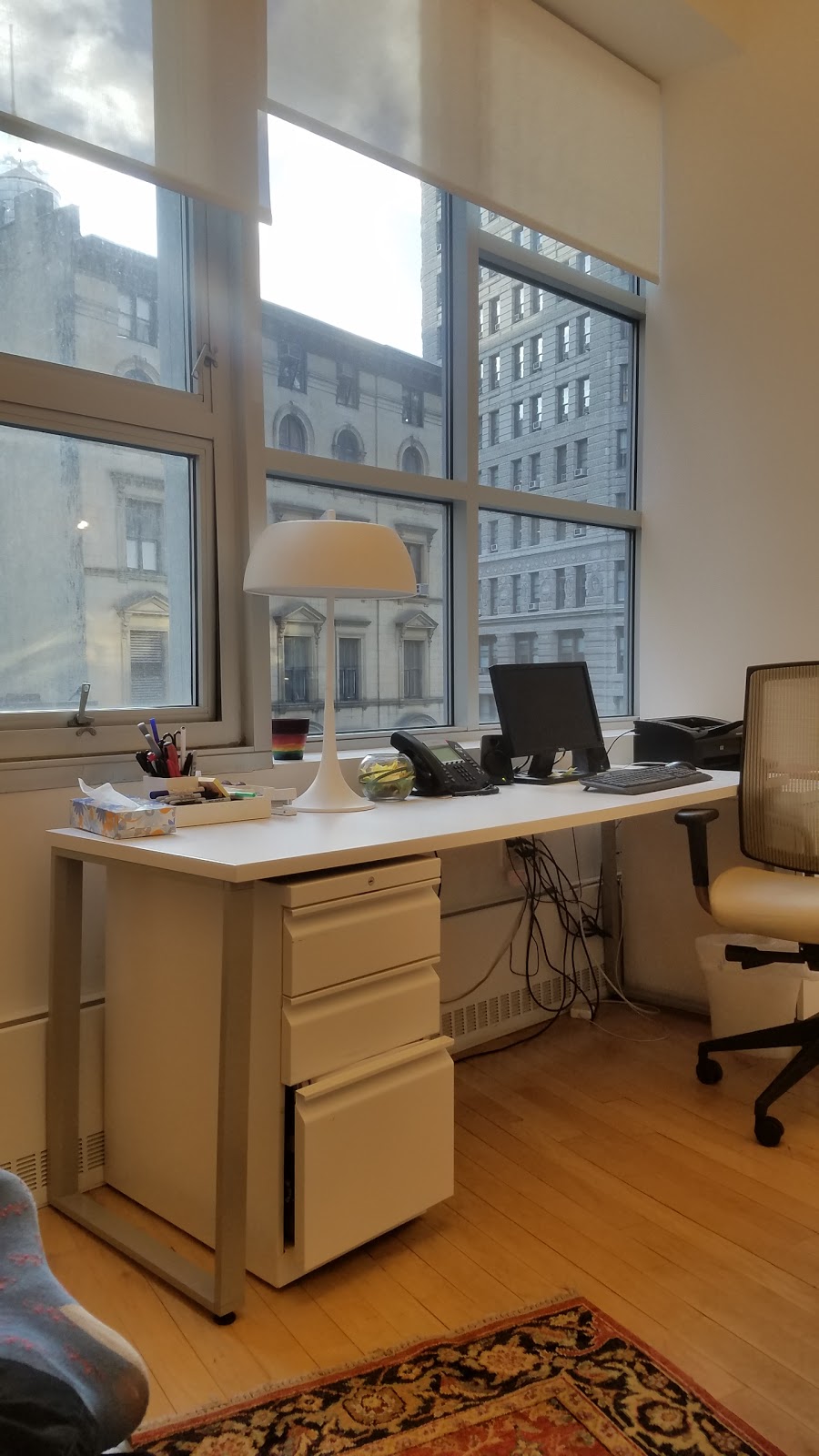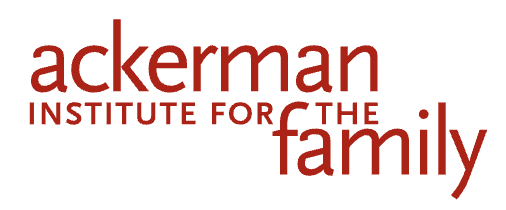Ackerman Institute for the Family
Overview
Ackerman Institute for the Family is an substance abuse treatment center that provides outpatient treatment for men and women from 18+ years of age. As part of their special programs, Ackerman Institute for the Family treats clients with hiv or aids and children/adolescents with serious emotional disturbance (sed). To help patients achieve sobriety, Ackerman Institute for the Family provides intake assessments. Afterward, patients receive family counseling, group counseling, and marital/couples counseling during treatment. Ackerman Institute for the Family is located in New York City, New York, providing treatment for people in New York County, accepting medicaid, private health insurance, and cash or self-payment.
Ackerman Institute for the Family at a Glance
Payment Options
- Medicaid
- Private health insurance
- Cash or self-payment
- Sliding fee scale (fee is based on income and other factors)
Assessments
- Comprehensive mental health assessment
- Comprehensive substance use assessment
Age Groups
- Adults
- Children/adolescents
- Young adults
Operation
- Private for-profit organization
Treatment At Ackerman Institute for the Family

Conditions Treated
Mental health treatment:
Mental health treatment provides a safe and structured environment where individuals can receive professional care and support for their mental health challenges. Within the facility, trained therapists, counselors, and medical staff work together to create personalized treatment plans tailored to each person's needs. Patients might participate in a variety of therapies, including individual counseling, group therapy, and possibly medication management. The goal is to equip individuals with the tools and strategies they need to cope with their conditions and lead fulfilling lives.
Substance use treatment:
Substance use rehabilitation represents a holistic treatment strategy tailored to aid individuals grappling with drug or alcohol addiction. This comprehensive rehabilitation method encompasses two key aspects: first, addressing the physical dependency, often commencing with detoxification, and second, tackling the psychological triggers through a range of therapeutic techniques. The ultimate aim is to empower individuals to attain and sustain sobriety while providing them with the necessary skills and coping mechanisms to successfully reintegrate into society and lead a life free from substance abuse.
Co-occurring Disorders:
Dual-diagnosis rehabs are usually the appropriate solution to treat co-occurring mental health and substance abuse disorders. These facilities typically employ medical and behavioral experts who use a range of interventions, together with the right healing environment, for you to achieve and sustain long-term recovery. Treatment usually includes evidence-based therapies (like cognitive behavioral therapy), recovery support meetings, 12-step facilitation, psychoeducation, skills training, and group therapy.

Levels Of Care
Outpatient:
Outpatient treatment at rehab centers provides adaptable therapy schedules, usually spanning 1-3 hours weekly, enabling participants to maintain their everyday routines while undergoing treatment. On the other hand, intensive outpatient programs require a more dedicated time investment, frequently around 9-15 hours a week, delivering a deeper therapeutic experience without the commitment of inpatient residency.

Treatment Modalities
Family counseling:
Family Counseling is a therapeutic service that addresses and resolves conflicts, improves communication, and fosters better relationships within a family unit. Through guided discussions, a trained counselor helps family members gain insight into their dynamics, learn coping strategies, and work towards creating a harmonious living environment. Family Counseling can be a significant step towards improving the overall emotional health and interactions among family members, helping them navigate challenges together in a supportive and constructive manner.
Group counseling:
Group Counseling is a therapeutic approach where individuals come together under the guidance of a trained counselor to share experiences, provide mutual support, and gain insights. It fosters a sense of community, promotes understanding through diverse perspectives, and offers personal growth and problem-solving strategies.
Marital/couples counseling:
Whether a marriage or other committed relationship, an intimate partnership is one of the most important aspects of a person's life. Drug and alcohol addiction affects both members of a couple in deep and meaningful ways, as does rehab and recovery. Couples therapy and other couples-focused treatment programs are significant parts of exploring triggers of addiction, as well as learning how to build healthy patterns to support ongoing sobriety.
Ancillary Services
Languages
- Spanish
Special Programs
- Clients with HIV or AIDS
- Children/adolescents with serious emotional disturbance (SED)
Contact Information
DISCLAIMER: The facility name, logo and brand are the property and registered trademarks of Ackerman Institute for the Family, and are being used for identification and informational purposes only. Use of these names, logos and brands shall not imply endorsement. BetterAddictionCare.com is not affiliated with or sponsored by Ackerman Institute for the Family.


